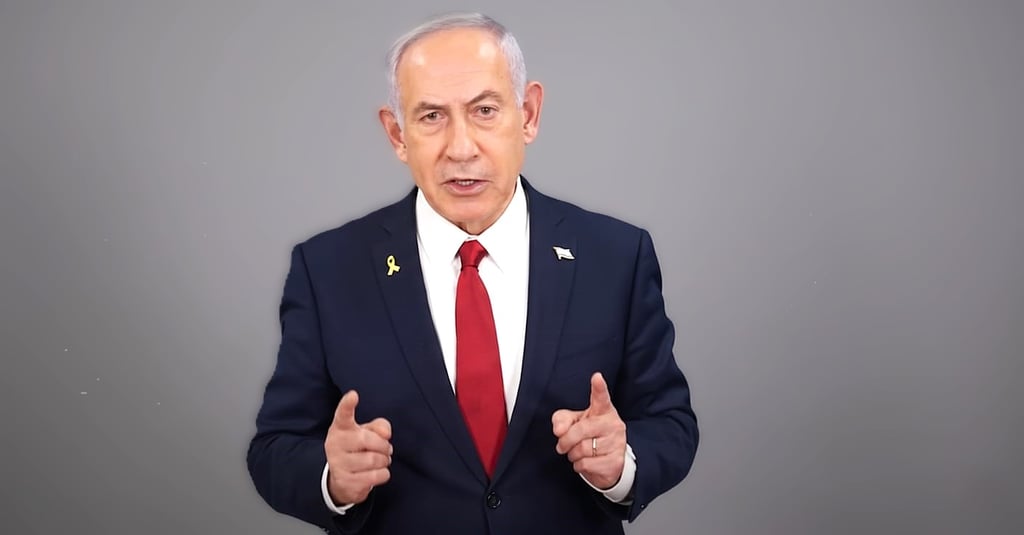Israel Declares Gaza City a Combat Zone as Humanitarian Crisis Worsens
Israel has declared Gaza City a combat zone, triggering intense fighting, mass civilian suffering, and global warnings of a looming humanitarian catastrophe.
Raja Awais Ali
8/29/20252 min read


Israel Declares Gaza City a Combat Zone as Humanitarian Crisis Deepens
Israel has officially declared Gaza City a full combat zone, marking a dramatic escalation in the ongoing conflict. This decision has plunged hundreds of thousands of Palestinian civilians into one of the most severe humanitarian crises in recent history. With no ceasefire corridors or safe zones allowed, families are trapped under constant airstrikes, artillery fire, and ground operations.
According to updated humanitarian assessments, more than half a million civilians are now facing acute shortages of food, clean water, and medical supplies. Hospitals in Gaza are struggling to function without fuel and critical medicines, forcing doctors to treat the wounded with limited resources. Children and the elderly remain the most vulnerable, with aid agencies warning that widespread famine and disease outbreaks are imminent if urgent relief is not allowed.
The Israeli military has justified the move by saying it will intensify operations against armed factions entrenched inside Gaza City. Heavy bombardments and drone surveillance continue to target key urban neighborhoods, leaving much of the city in ruins. On the ground, Israeli troops have engaged in intense street-by-street clashes with Palestinian fighters, who have declared they will resist until the last moment. Reports indicate that Israeli armored units are advancing cautiously due to unexpected resistance, making urban warfare far more costly and prolonged.
International reaction to Israel’s declaration has been swift. The United Nations human rights experts have expressed grave concern, warning that the scale of destruction and civilian suffering may fall under the category of crimes against humanity. Several humanitarian agencies have called for an immediate ceasefire, stressing that the siege tactics are pushing Gaza toward an irreversible catastrophe.
In Europe, Britain has issued its strongest warning yet, stating that continued Israeli escalation may force it to recognize Palestine as a sovereign state. Other Western governments have urged restraint but stopped short of applying significant pressure. Meanwhile, Arab and Muslim countries have condemned the decision as collective punishment, with leaders warning that prolonged siege will only inflame instability across the Middle East.
Political analysts argue that the move to label Gaza City a combat zone is not only a military tactic but also a high-risk political gamble. It risks drawing broader international condemnation, deepening regional divisions, and isolating Israel diplomatically. For Palestinians, however, the immediate concern remains survival. With homes destroyed, essential services collapsing, and families cut off from aid, Gaza’s residents are enduring what many describe as unlivable conditions.
As the crisis unfolds, the world is once again faced with a moral question: will global powers take meaningful steps to stop the suffering, or will Gaza remain caught between politics and war? For now, Gaza City stands as a symbol of devastation, resistance, and a humanitarian tragedy that continues to worsen by the hour.